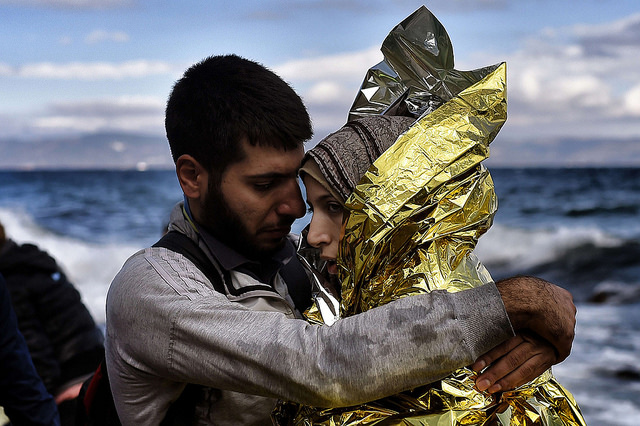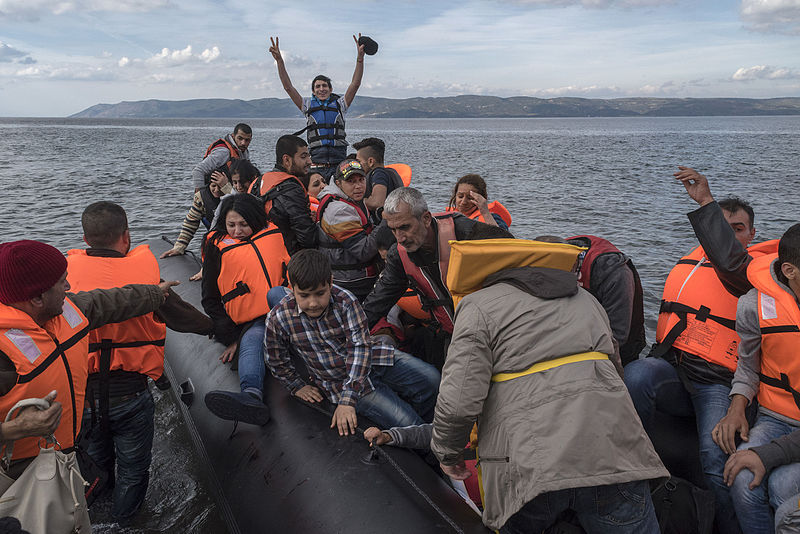Latest blog articles
-
The 1st of April 2024 marks the day when Germany adopted the most progressive legal approach to cannabis in Europe. While for the Dutch, this may sound like an April’s fool prank, it is far from it: The new German CanG (Cannabis Law) regulates the consumption, possession, and supply of the soft drug...
-
Germany has elected a new government. One of the legal reforms coalition of Social democrats, the Green party and the free liberals want to put on the tracks is the legalization of cannabis. From a criminological point of view, this is the right decision.
-
Asylum-seekers at the Greek island of Lesbos are in a vulnerable position. They claim basic human rights and hold the Europeans accountable. What can a human rights scholar do? His role is limited. When there is no political will, compassion and solidarity are gone.
-
The 70th anniversary of the Universal Declaration of Human Rights and the 25th anniversary of the Maastricht Centre for Human Rights are a landmark in the development of human rights and a source of inspiration for academic research on new global human rights issues.
-
Every once in a while, I have the good fortune of reading a court case which is both fun and educational. The UK Supreme Court case Ivey (Appellant) v Genting Casinos (UK) Ltd t/a Crockfords (Respondent) is one such case, which tells an interesting story, while also explaining to the public the...
-
The US government is breaching its obligation to promote universal respect for human rights by cutting back on its contribution to UNRWA for aid to Palestinian refugees. Other states have extraterritorial human rights obligations to compensate for this reduction.
-
This contribution argues that the Trump decree to end US financial support for health organisations which provide information about sexual and reproductive health rights is contrary to human rights. The response by the Dutch government is more in line with human rights.
-
The European Union and its member states have failed to comply with their extraterritorial human rights obligations to provide humanitarian aid and fulfil the subsistence rights of asylum-seekers.
-
The aim of this contribution is to assess what has been achieved since the adoption of the 1986 Limburg Principles on the Implementation of the International Covenant on Economic, Social and Cultural Rights for the realisation of these human rights.
-
It took quite a while before the European countries realized and recognized that the influx from asylum-seekers via the Mediterranean Sea and Turkey into the European Union is not just a matter of controlling the outside borders of the Union, but also a humanitarian and human rights issue. Some...









